HOW TO DISCOVER A NEW SPECIES
How to discover a new species? I’ve written several posts about new species. This made me wonder how difficult it would be to find a new species!
Where would we even begin? I decided to investigate exactly how to discover a new species.
Scientists continue to astound, finding new species with regularity.
Cataloguing a new aquatic species is a bit less surprising: like a cool octopus that lives in the ocean depths. Less surprising because of our physical limitations. (Breathing underwater is a big limitation that comes to mind.)
Humans don’t spend a lot of time hanging out in the ocean depths!

That said, reptiles, amphibians, mammals, and birds primarily breathe air. Keen-eyed enthusiasts armed with binoculars have opportunities to locate new creatures. A map recently compiled by Yale University hypothesizes exactly what I was wondering. It literally maps where we ought to go to discover a new species!
Why do people go to all this trouble?
The hunt, the mystery, the adventure of new places, and meeting new people must factor in.
Here’s another important factor. The discovery of any new species means efforts can immediately begin to protect them.
Not to mention that we’d be able to name our new species!
The why is clear cut. Not the how we’d go about discovering a new species.
To me, part of the how to discover a new species partially involves being in the right place at the right time. With the map, we can get to the place with the best odds.
Let’s explore this idea!
NEW REPTILE SPECIES
As I was researching this post, as I expected, reptiles were in dead last in my poll.
Reptiles had a late surge and tied with amphibians!
Really though, who doesn’t like turtles? While Komodo dragons aren’t exactly warm and fuzzy, and my mom has undiagnosed ophidiophobia, reptiles deserve our respect.
Which lizard would you rather find?
Photo on right used with permission from Louie. Far right used with permission from orionmystery.blogspot.com
MALAYSIA
Since reptiles are cold blooded, it makes sense that we go at a warm time. Malaysia’s warmest month is April! Bring your rain gear, hiking shoes, and camera. We could start in Khao Nam Khang National Park and circle out, searching the surrounding areas.
GETTING TO MALASYIA
Yes, Khao Nam Khang is a national park, but it’s not recommended that tourists travel there alone. A guide may be in order, perhaps one who is an experienced camper!
Here is the Khao Nam Khang park link to get you started.
That white tissue is a DIY Diffuser. “Direct, undiffused light is harsh and unpleasant, but to make things worse, most insects are shiny and reflective. With poorly diffused light, you’ll get blown highlights.”
No, we’re not hunting for insects but no one wants bad results. So grab some tissues because we’ll need a lot of photos! And take careful notes about where we took these photos.
There is such biodiversity in Malaysia that BIOFIN has a knowledge base to look up any potential new species!
NEW BIRD SPECIES
I understand if reptiles aren’t for you. How about birds? They fill our world with song and color. Birds came in second place in my twitter poll. (I see now that I picked out a lot of blue birds. More on the color blue in nature here!)
We’ve got almost triple the chance of finding a new bird species than a new reptile species.
Maybe because they're more mobile? They can escape natural and man made disasters, and predators.
COLOMBIA
TRAVEL TO COLOMBIA
HOW DO WE KNOW IF WE'VE FOUND A NEW SPECIES?
What happens next? How do we know that the bird we’ve spotted is a new species?
NEW AMPHIBIAN SPECIES
If altitudes cause you discomfort or angst, we can return to sea level. How about if we find a new species of amphibian?
Amphibians didn’t rank too highly on my poll, either. But amphibians are intriguing.
Plus, they eat mosquitoes! Who doesn’t like that? (okay, maybe the mosquitoes don’t like this but too bad for them.)
Mosquito-borne illness affect 700 million people annually.
A herpetologist is a zoologist who studies reptiles and amphibians.
Many herpetologists focus on conservation!
More about herpetologists hereSRI LANKA
TRAVEL TO SRI LANKA
ENDANGERED SPECIES
EIGHT MORE NEW SPECIES OF TOADS?
Seems to me that we have a great chance of finding an amphibian! It’s key to keeping environments safe.
More about those 8 toads hereNEW MAMMAL SPECIES
MADAGASCAR
TRAVEL TO MADAGASCAR
Madagascar has amazing biodiversity. A new predator species of mongoose was discovered there recently. He isn’t quite as cute as a puppy but deserves our protection! This mongoose instantly made the top 100 most threatened species list.
With a little luck, we’ll discover another needy mammal.
And we’ll make our discovery on another cool island. Did you notice that two of the four best spots to find new species are islands?
ISLANDS & HOW TO DISCOVER A NEW SPECIES
All the mammals below are endangered, all on Madagascar. (Except for Louie, he’s feeling left out because he couldn’t go on any of these expeditions! So he insisted that I include him in the slide shows.)
HOW ABOUT DISCOVERING A NEW SPECIES IN YOUR OWN BACKYARD?
While we’re all saving for these excursions, let’s consider nearby habitats! This is a great STEM activity. Take your kids, grandkids, or significant others to the park, or into your backyard, and practice searching. People have discovered new species this way!
My milkweed alone was chock full of species. (read more about our adventure raising monarchs here!)
YOU CAN FIND A NEW SPECIES
Malaysia, Colombia, Sri Lanka, or Madagascar! If you could only choose one destination to find a new species, which one would you choose? And why?
Whichever the destination, congratulations! You’re helping to preserve biodiversity!

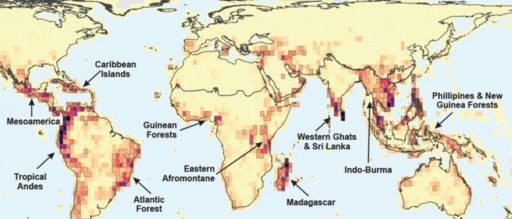
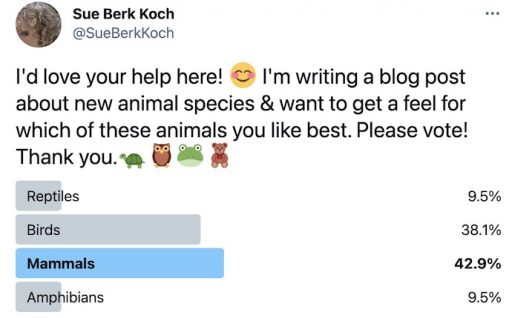

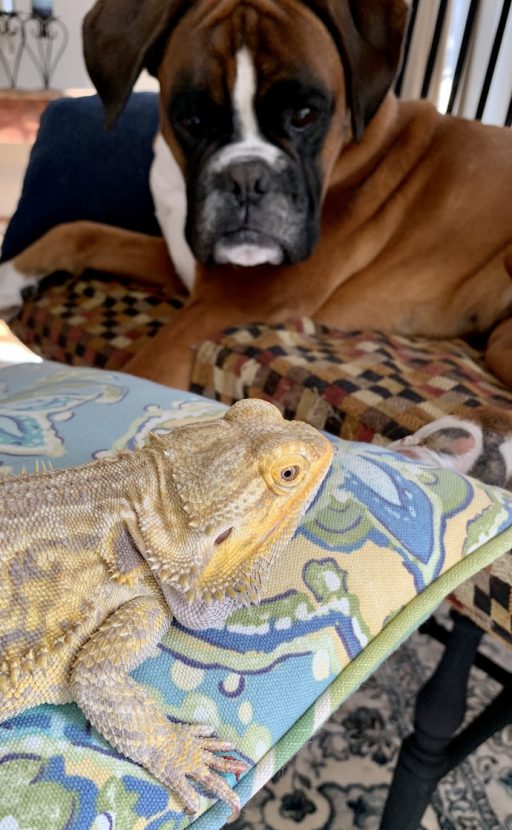
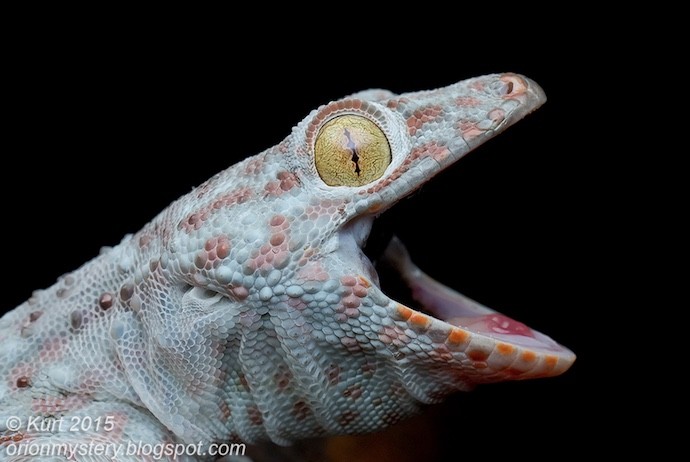
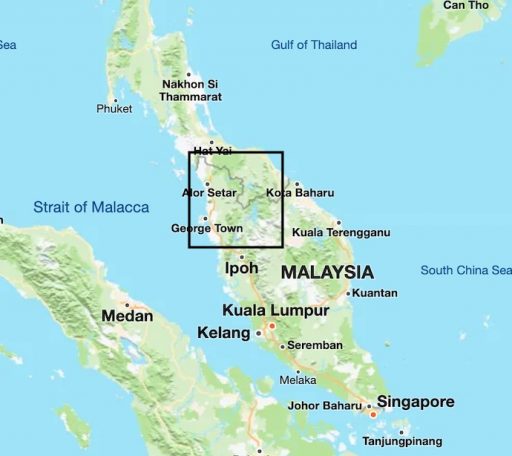
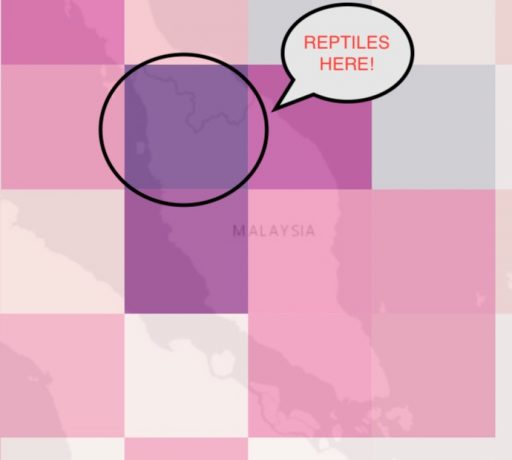



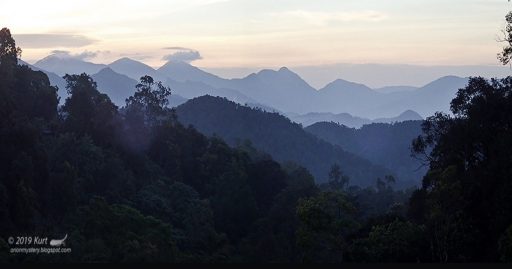
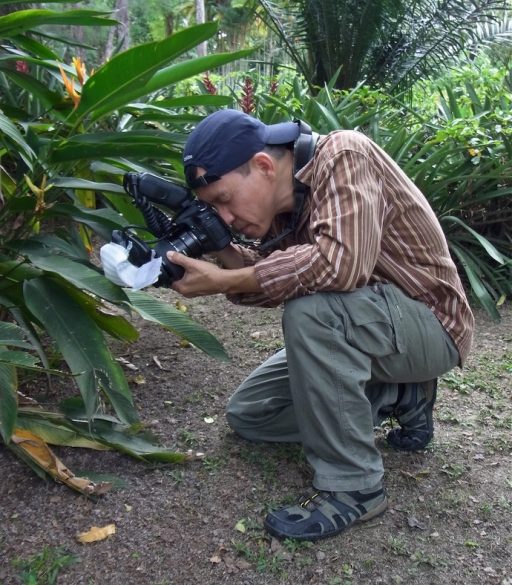
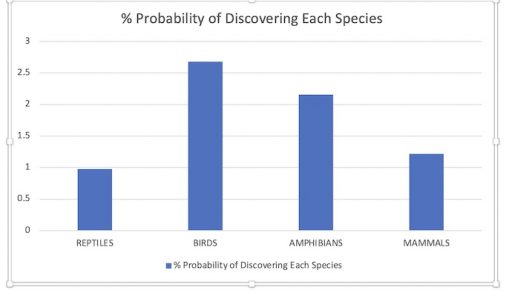
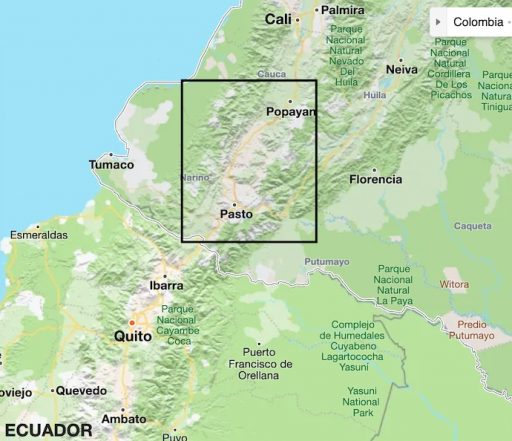
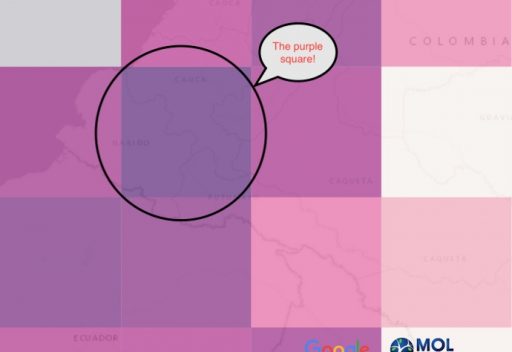

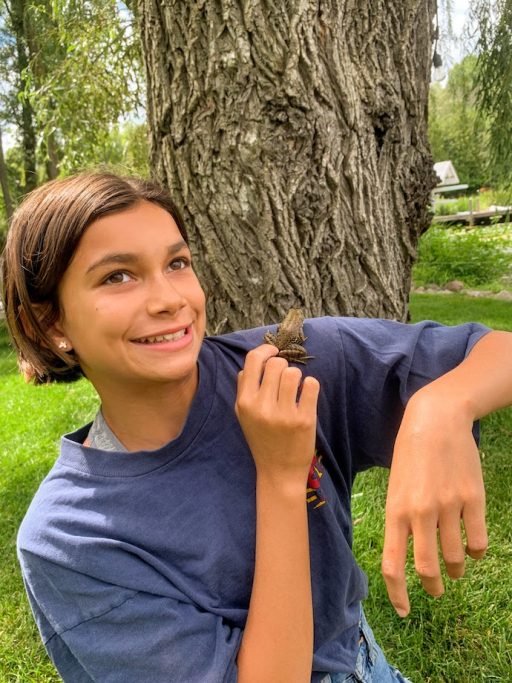
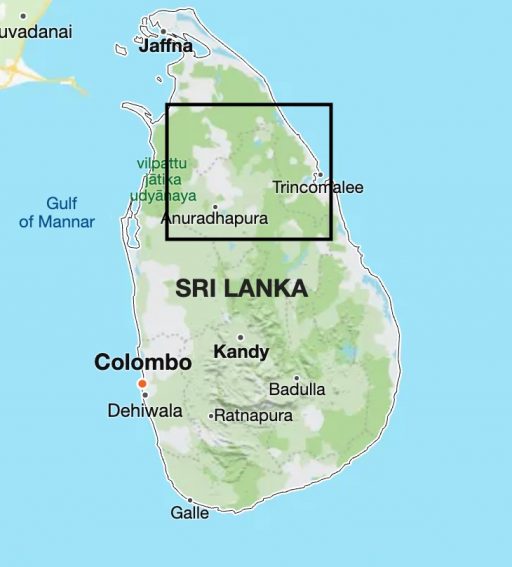
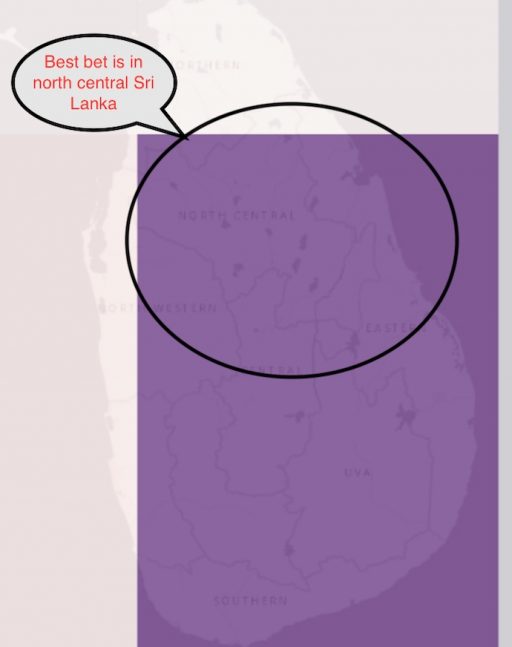
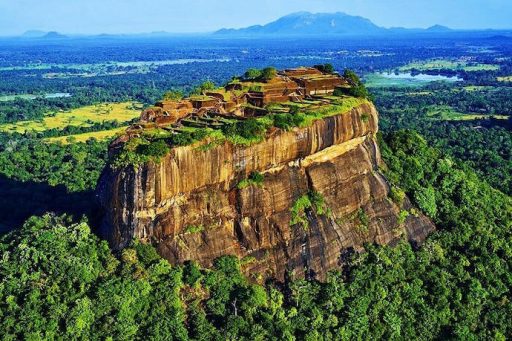
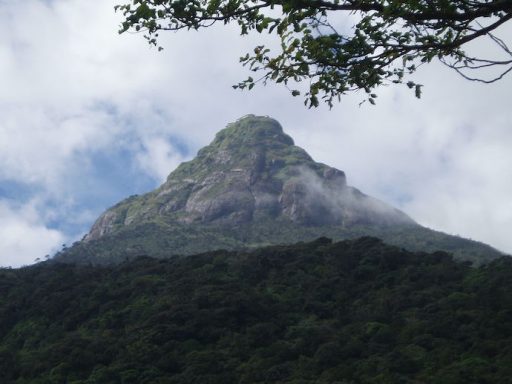


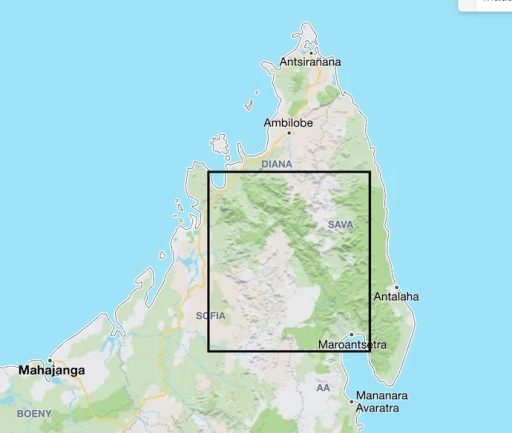
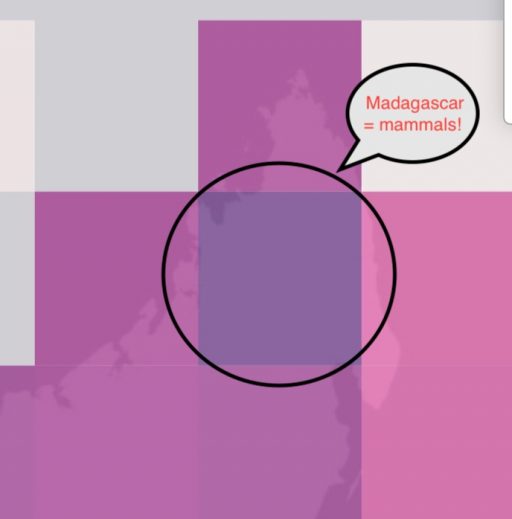
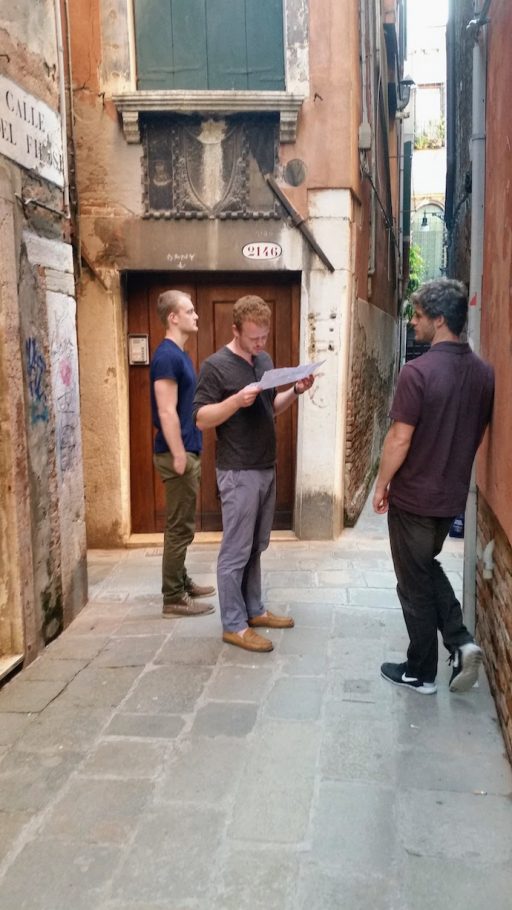
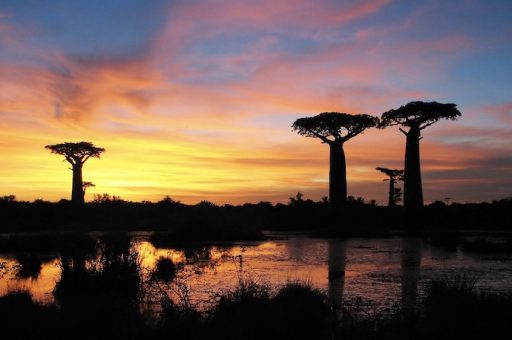

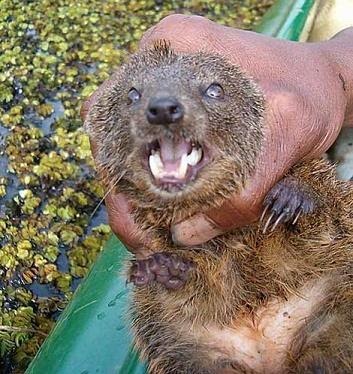
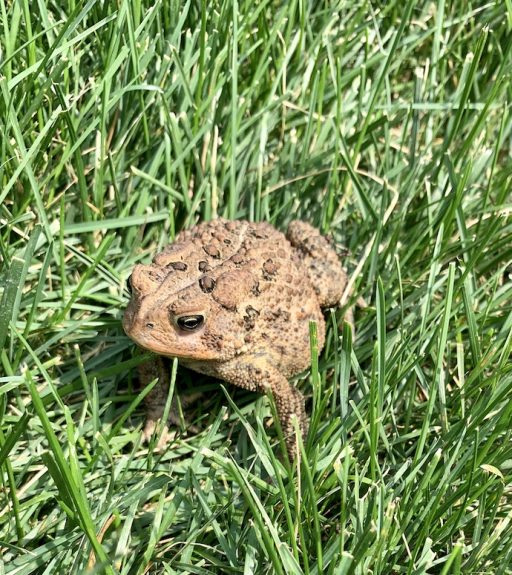
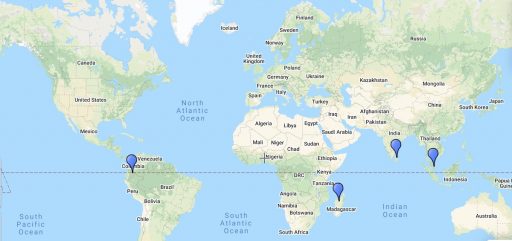

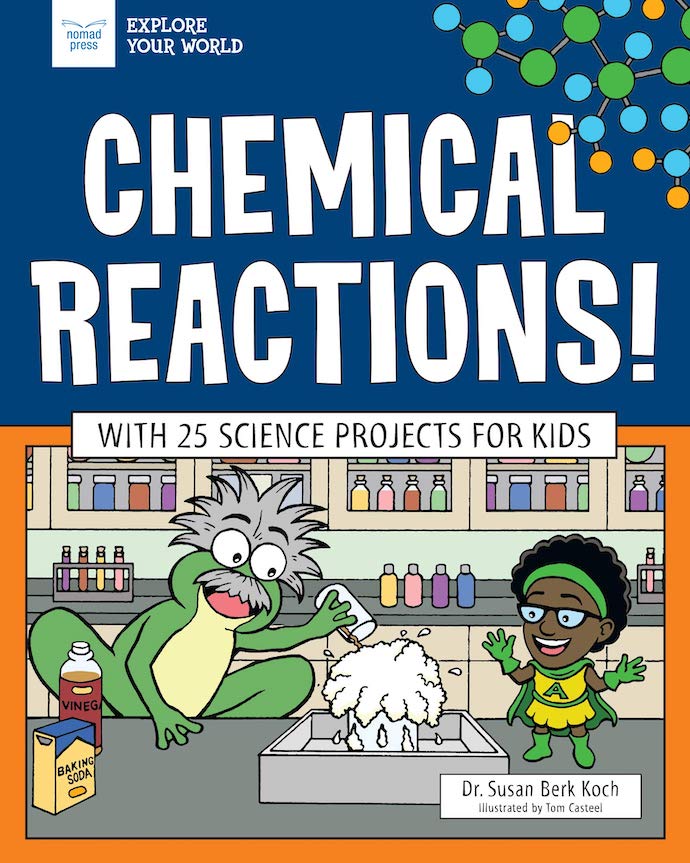



It’s surprising how many new species still get discovered, you’d think we’d have catalogued them all by now, but nope. One of the UK wildlife presenters said you’re just as likely to find a new species in your back garden as you are in a remote location. Given the amount of articles I’ve seen since then of people doing just that, I guess their comments were based in truth
Ah so no exciting trip to Sri Lanka?! We’ll just have to keep our eyes open. Thanks!
We would go to Madagascar. Great idea to discover a new species so you can be remembered forever.
Madagascar is a great choice! Would you name your new species after yourself or your wife? Thank you!
This is so interesting and entertaining to read! I would love to travel to find a new bird species! Thank you for sharing this! 🙂
A new bird species means the mountains! I can imagine the views are astounding. Thanks so much!
I’d pick Sri Lanka, but I would have voted for birds. I love your photos especially the ones of Louie.
Sri Lanka! I didn’t have it on my list until I wrote this post. It looks amazing. Louie is photogenic, which makes it far easier for me! Thank you.
Sri Lanka looks like a beautiful land, but I would love to visit Madagascar. The biodiversity there is amazing!
Madagascar does have a unique feel! Great choice! Thanks so much.
Wow! Malaysia, Colombia, Sri Lanka, or Madagascar? I think I’d choose Madagascar. The idea of finding a new mammal sounds amazing and quite a challenge. You’ve got me thinking…I’d love to try to do that. Thanks for the inspiration!
Oh, I would too! It seems perfect, an adventure with a purpose. Okay, Madagascar it is! I’m ready. Thanks, Mark.
How about looking in our own backyard? Mike
People have found new species in their backyards! Good idea, until we can get that travel grant! Thanks!
Oh that would be so cool to discover a new animal species! Thanks so much for sharing this fun and interesting article.
It would be cool! You’re so welcome. And thanks!
Your post literally inspires so many kids to keep exploring and learning science. It is never too late to discover a new species like they read in books. I’d love to visit the islands to find the endangered species or just interact with the funny-looking ones. Thank you so much.
I appreciate you pointing that out! I would love to inspire kids to have fun with science and explore! I should add a bit about inspiration at the end of this post. Thank you so much!
I love how scientifically you’ve laid out the best way to discover a new species! Personally I’d go for mammals in Madagascar as I’m afraid reptiles, amphibians and birds don’t really do it for me 🙂
Mammals in Madagascar does have alliteration going for it, too! I’d be happy going to any of these amazing spots. I’m in, Lisa. Thanks!
Wow so interesting! All these destinations sound incredible. I learned so much from this!
I agree, I’d love to go to any of these places. Thank you so much!
This was so interesting! I honestly don’t get either why people dislike reptilians, I mean look at Ozzie, how can you say no? it would amazing to discover a new species! I would travel to all the destinations, but I think I would try first Malaysia and Sri Lanka! Thanks for sharing x
Ozzie is a nice little guy, I agree! He just turned 18! I suppose it’s his stress-free existence that’s increasing his life span. Malaysia and Sri Lanka! How can you go wrong with either? Thank you.
Wow 18, well a very happy belated birthday to him!
He says thank you!
Oooh there are so many amazng places here! I’d definiely love to go to Sri Lanka!
Love, Amie ❤
The Curvaceous Vegan
Sri Lanka. Excellent choice! I agree, we can’t go wrong with any of these locales. Thanks, Amie!
All of these destinations look so beautiful. I totally would like to visit one day.
Me, too! Me, too! Thank you for stopping by.
What a fun post! Discovering a new bird would be the ultimate win, I’d love it haha! Thanks for sharing.
Anika | chaptersofmay.com
You could name your new bird species Anika May! I’d love that, too. Thanks!
Lovely, fun, imaginative and educational, as always. Hands down best science blog around. Can’t wait for your next one. Thank you.
I appreciate you say so, Eva. You’re way too good for my ego! Thank you.
Wow. This was a very interesting post to read, you might be the first blog I’ve come across with this kind of stuff. I think I’d definitely prefer mammals in Madagascar though as I have a phobia of frogs so would rather not discover any new species in that family!
It really does fascinate me though that there are still unknown species out there 🙂
I concur, it is fascinating that there’s more to discover! You’re not alone, I have a cousin who is not smitten with frogs, either. Madagascar for mammals sounds like the perfect choice for you! Thanks so much.
What a fun trip around the world you’ve already provided via your fabulous photos. And I could sit by my fireplace and not deal with airport parking or customs. 😉 Another great post – thanks for all the information!
I bet your fireplace doesn’t have hungry mosquitos, either. I get the distinct feeling that you’re going to stay virtual on this adventure. Thanks for taking the time to comment!
This is such an interesting post. I remember being told one that scientists believed there were more animals yet to be discovered that what we have already found.
So true! More and more nw species each year. I’m happy that you found this interesting. Thanks!
This was such a fun and interesting post. The concept of findng new species NOW still baffles me for some reason like surly we’d have found them all in the time humans have been on this planet? But like you said, we don’t often spend a lot of time on the sea bed so I do wonder what else might be down there!
I imagine there are many unknown species happily ignoring us in the ocean depths. Exploration of our planet should continue so we can answer your excellent question! Thank you!
So many amazing places here! Sri Lanka and Malaysia are at the top of my bucket list – and it’s amazing what you’re able to find there x
We share destination bucket lists! Thanks so much, Della!
I loved our virtual tour, Sue. I listened to the podcast and you did an impressive job pronouncing some of the hard words. Great photos, too. Like you, I’m drawn to blue birds and creatures. They really stand out.
I should really look up the pronunciations before I dive in! So silly of me. Thanks for listening to my podcast. I’m happy that you enjoyed the virtual tour! Thanks, Amy.
Love the idea of discovering new species in your back yard! What a fun and informational post.
Thank you! Back yard exploration is fun. And no jet lag, either!
Our world is full of amazing surprises. I’ve always been fascinated by the the deepest oceans and the lifeforms that could be there beyond where we can go. As for the places you’ve mentioned, Madagascar is close to the top of my must-visit destinations. Would love to go there once the pandemic bids adieu. Very informative and interesting read.
Madagascar is gaining steam here! I’d love to go too. Researching this post made me eager to travel again. I’m so pleased that you found the post informative and interesting! Thank you.
Very interesting post and very cute bird. Not something I would
think that happens often..
I’m happy that you found my post interesting! Five birds a year isn’t a lot, which makes it even more exciting. Thank you!
This was such a fantastic and post to read, I’ve never gone to any of these places before, but I cast my vote to Madagascar 😁
Check! One vote for Madagascar. Thanks so much!
Madagascar has our vote!
Nice! I should scroll down and take a count but I think Madagascar is in the lead! Thanks.
Sri Lanka’s definitely on my list to visit when we finally can!
Mine, too! I’m happy to see a vote for Sri Lanka. Thanks so much!
Voting for Madagascar!
I think Madagascar’s going to have a travel boom after we can all move about again! Thanks so much.
I read your posts for two reasons. information and humor. You top on both in written language which I havent seen in others. Now back to content. I don’t go with the poll results because of sample size and demographics limitation. Maybe 500 voted? All beauty lifestyle bloggers? Mostly female? The best thing you did by justifying your research was saying that your original research said something else!!! That was cherry on top! This way no one will ever stop reading your content. Now my take, I think more amphibians and aquatic life potentially can be discovered. 100 times for amphibian, 900 times sure for aquatic. I would also add Amazon to it! It is still not completely discovered to date. Also, Russia!!! It has wildlife bigger than a few countries and is too wild. I skimmed to read this one especially!! My kinda topic! xx
Isa A. Blogger
https://bit.ly/39f9FN0
It’s true, my twitter poll was just for fun and not to be taken seriously! I’m gratified that you like my information and my humor! I am sure you’re right and oceans have great potential for undiscovered species. To keep the material from getting out of control, I kept this post land-based. I’m happy that you liked the post. And happy that you commented! Thanks so much.